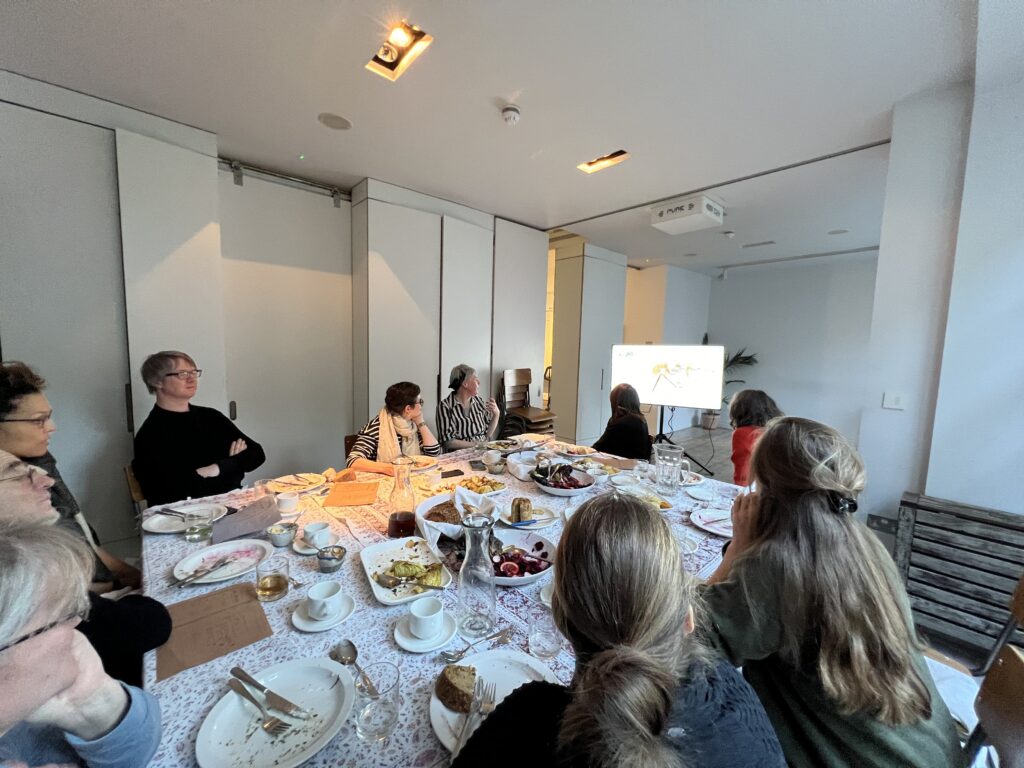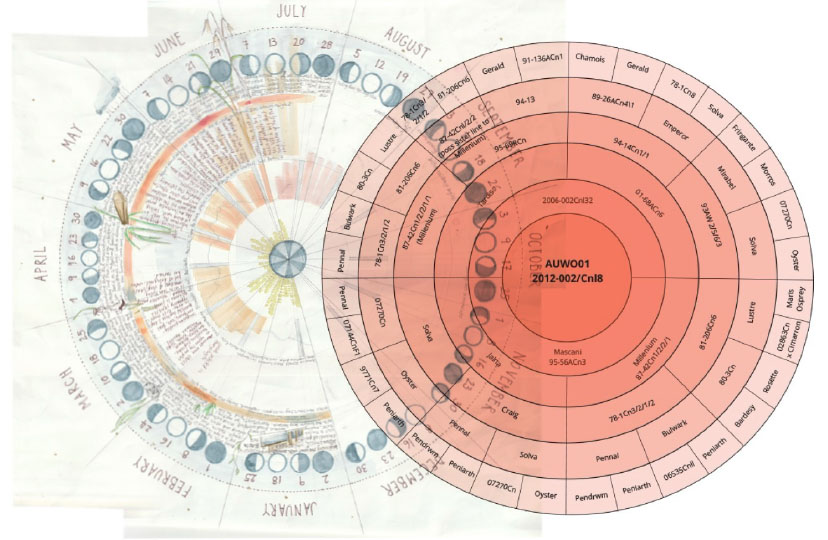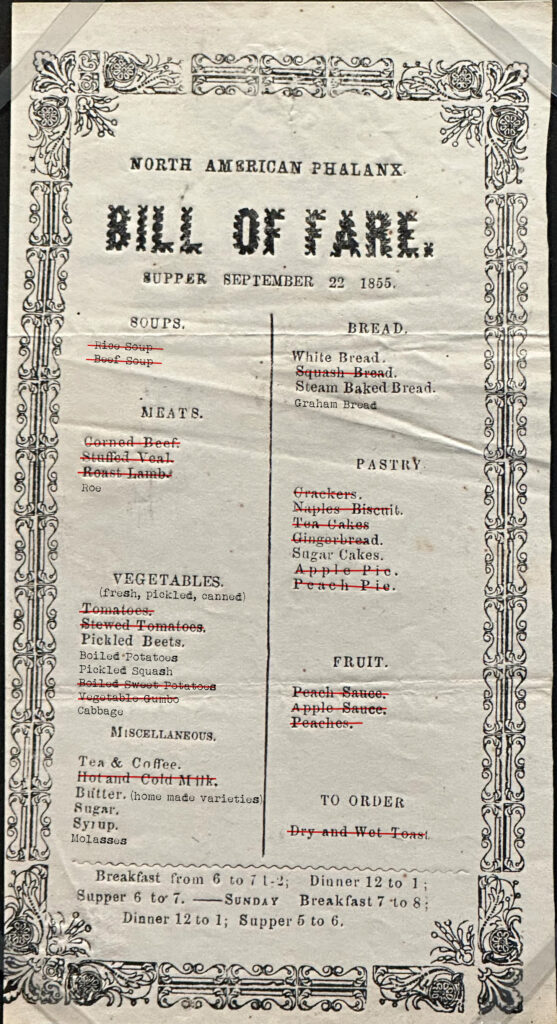Delfina Foundation, London, 2024



Menu taken from the North American Phalanx in Red Bank, New Jersey in October 1854. The Phalanx was an attempt at a manifestation of a utopian society as proposed by French philosopher and socialist Charles Fourier. “Fourier defined his vision of the future utopian world, called Harmony, in terms of some of the basic activities of everyday life—reforming the world by reforming social interaction and expressions of human urges. Food is prominent among the images and examples he uses to put forward his theories; indeed, good food lies at the heart of his new world, rising far beyond mealtimes (though even these are spectacularly transformed) to become a key component in work, education, diplomacy (including warfare), and religion. It is promoted to the highest echelons of his social order, second only to sex. Nevertheless, Fourier defined himself in opposition to the gastronomers of his day, emphasizing the differences between his profound social-scientific proposal and what he saw as their shallow consumer project, eventually inventing a new word, gastrosophie (gastrosophy), to emphasize the distinction: “GASTRONOMY, today’s amusing, apparently frivolous ‘ science,’ will become in Harmony a high socio-political science . . . that is to say GASTROSOPHY, high gastronomic wisdom, profound and sublime theory of social equilibrium. In today’s state where it [gastronomy] produces nothing but a simple and indifferent sensuality, which does absolutely nothing to remedy the four discords caused by bad food, it cannot be dignified with the name of science.” (Levi 2015: 44)




